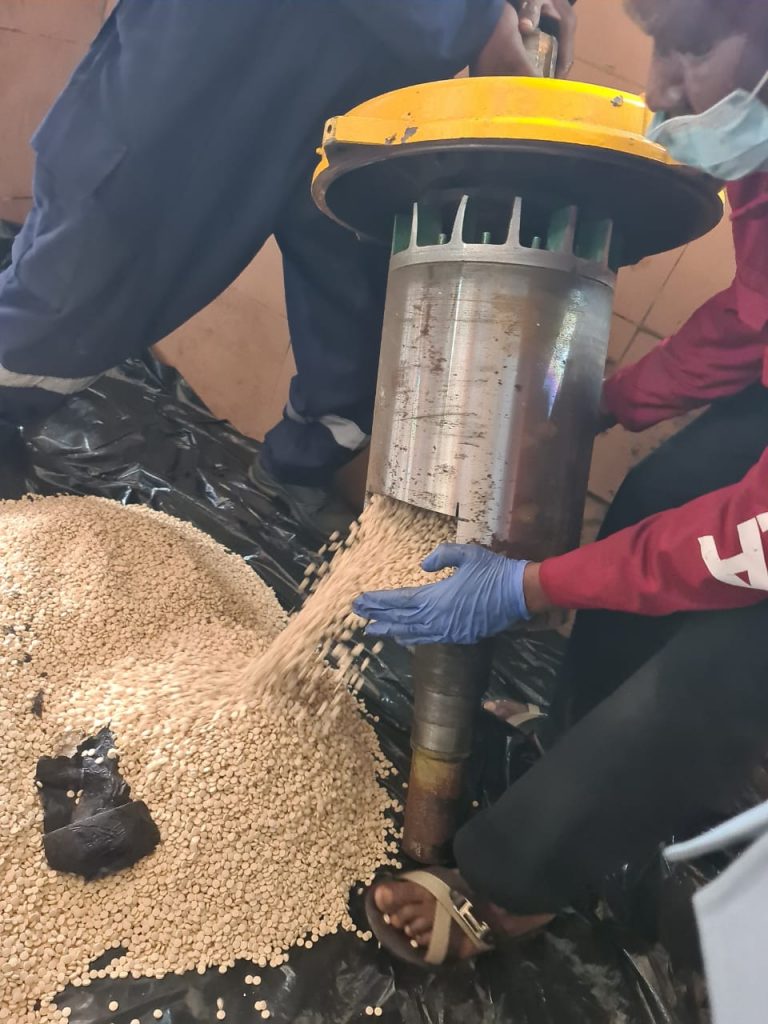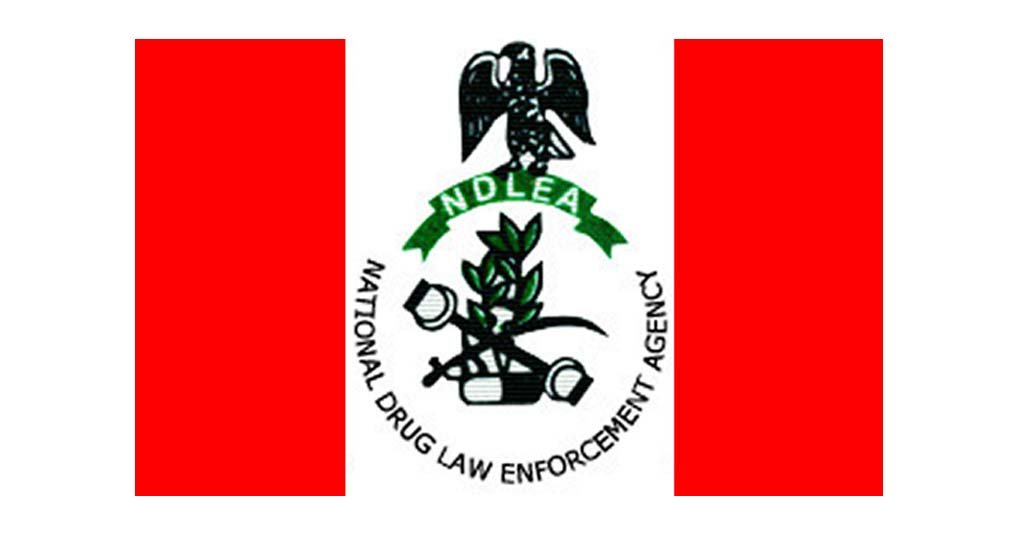Comptroller Malanta Yusuf, Customs Area Controller of Apapa Command, made the disclosure in a statement signed by the command’s Public Relations Officer, Deputy Superintendent of Customs, Abubakar Usman on Friday.
Yusuf said that according to nature.com, an online portal that researches and does analyses on medicines , “Captagon, the trademark name for the synthetic stimulant Fenethylline, was first reported by a German pharmacist in 1961 for the potential treatment of hyperactivity, depression and narcolepsy1.
“However, due to its addictive and hallucinogenic properties, it was listed as a controlled substance by the United States (1981) and the World Health Organisation (1986), making it illegal to buy or sell Captagon in most countries.
“Captagon has been reported to be a central nervous system (CNS) stimulator with stronger and longer lasting effects on fighting aggression, detachment, cognitive enhancement, and alertness than one of its main metabolites, Amphetamine.”
Yusuf noted that the hard drug, which was carefully hidden in various components of a machine, was equivalent to 451,807 tablets now packed in 18 parcels.
“Relying on credible intelligence, the three services had embarked on a painstaking weeklong operation which resulted in their first discovery on Wednesday evening.
“Acting on reasonable suspicion that more of the drugs may be hidden inside various components of the machine, they continued the search on Thursday using sniffer dogs and more personnel which led to more discoveries.
“This seizure is a fallout of renewed synergy and cooperation aimed at curbing all forms of unlawful activities at Nigeria’s largest and premier port of Apapa which processes the country’s highest volume of maritime trade,” he said.
He added that the search would continue as there were reasons to suspect more concealments of the illicit tablets inside the imported machine.
Yusuf pointed out that he and Mr Samuel Bashir Gadzama, Commander of NDLEA in Apapa and Director in-charge- of the DSS at the port were at the fore of the week-long operation.
According to him, long-term use of the drug leads to remarkable side effects with the most common being extreme depression, lethargy, sleep deprivation (insomnia), occasional palpitation, heart and blood vessel toxicity and malnutrition .
“It has been linked as one of the most notorious stimulant being taken by insurgents in the ISIS battle and other Middle East unrest.
“The drug and the suspect have been handed over to NDLEA for further analysis, investigation and interrogation,” he said.
NAN






























